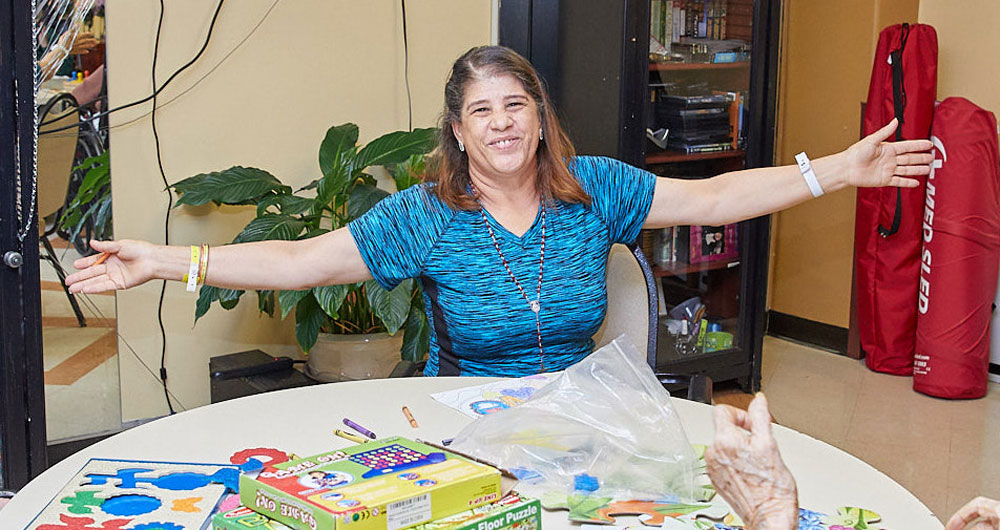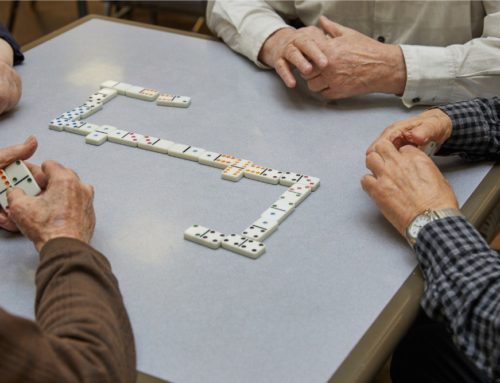Practice Acceptance to Reduce Anxiety and Stress
Learning to accept bad behavior or bad news can be challenging, but it’s important to recognize that practicing acceptance doesn’t mean condoning or excusing the behavior. Instead, it involves acknowledging reality as it is, without resistance or judgement.
At some point in life, anyone can find themselves overwhelmed by emotional distress and disorder. However, ignoring your symptoms should be avoided. Seek support, take action to prevent further mental health issues, and learn to cope with the situations that cause emotional distress.

Practice Acceptance to Improve Mental Health
Remember that acceptance is beneficial for mental health, but anger and reacting harshly will not only help, but can also damage your heath. Therefore, learn and practice staying calm and maintaining your composure with grace and resilience to prevent damaging your own health.
Practicing acceptance involves cultivating a mindset of openness and non-judgement toward your thoughts, emotions, and experiences. Here are some steps and techniques.
Stay calm
It’s natural to feel upset and defensive but try your best to stay calm and composed. Take deep breaths, and practice acceptance by reminding yourself that their behavior is a reflection of their emotions and bad behavior manners, not necessarily a reflection of you or your worth. Also, there are things you can’t really control.
Stay calm by challenging your own negative thoughts. Notice when you’re engaging in negative self-talk or catastrophizing and challenge those thoughts with more balanced and realistic perspectives.
Reduce stress and anxiety
When you practice acceptance, you become better equipped to handle any stressful situation with resilience. Acceptance helps to reduce rumination and worry by encouraging us to focus on the present moment rather than dwelling on past regrets or future uncertainties. This shift in focus can alleviate anxiety and depression symptoms and promote a greater sense of peace and contentment.
By incorporating these strategies into daily life and practicing acceptance consistently, individuals can train their brains to effectively manage and reduce anxiety and fear over time. It’s important to remember that progress may be gradual, so be patient while learning.
Acceptance is a therapeutic approach that can help to challenge irrational thoughts that contribute to anxiety and fear. Through these steps and techniques, it is possible to replace any negative thought patterns with more realistic and positive ones.
Practice mindfulness and by incorporating these practices into your daily life, you can cultivate greater acceptance of your emotions and cope more effectively with emotional distress. Remember that acceptance is a skill that takes time and practice to develop, so be patient with yourself as you navigate this process.
In some cases, anxiety and fear may be too overwhelming to manage alone. Seeking support from a mental health professional, such as a therapist or counselor, can provide personalized guidance and support in developing coping strategies and addressing underlying issues contributing to anxiety.
Resources:
Effects of Mindfulness on Psychological Health: A Review of Empirical Studies https://www.ncbi.nlm.nih.gov/
Self-Acceptance https://www.vdh.virginia.gov/
Meditation, mindfulness and executive control: the importance of emotional acceptance and brain-based performance monitoring https://www.ncbi.nlm.nih.govxx
This article is for educational and informational purpose only and does not substitute for professional medical advice. For any questions about your own health condition, speak to a qualified physician or healthcare provider.







Leave A Comment